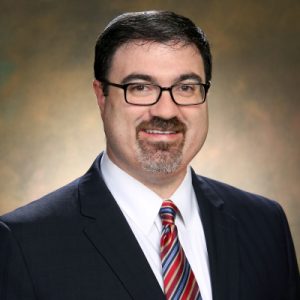Part of what has made this year so painfully difficult is the sense of powerlessness in the midst of the pandemic. Many of us have made “if only” statements. If only we could turn back the clock. If only we could have done more to prevent illnesses and death. If only we could have averted harm to the economy and the suffering that comes with loss of employment. If only people wore masks. If only questions about schooling and education weren’t so complicated. If only we could find a way to reach towards unity, beyond destructive racial and political divisions. If only….if only… if only. 5780 has been a year of uttering “if only.”
Now we find ourselves entering the Days of Awe and turning towards a new year. The vocabulary and the themes of the High Holy Days are more than rhetorical longing. We speak of Teshuvah, repentance and return, knowing that each of us has made mistakes and has room for growth. We sing the words chadesh yameinu k’kedem, expressing renewal, knowing that each of us can add depth, meaning, and purpose to our lives. Repentance. Return. Renewal. These ideas are powerfully embedded in the soul-work of the season.
The past may be our prologue, but it is certainly not our destiny. Thousands of years of lived Jewish wisdom and “if only” moments remind us that we are not the first generation of Jews to experience pain and suffering. Even in the most difficult moments of our history, rays of light illuminated our people’s path through the darkness. Some call that light God. Some call that light the power of love. Change begins with each one of us and there is no better time than when we might be saying to ourselves, “if only.” The Days of Awe are grounded in the very idea that change is possible – beginning in our own heart and soul, flowing into our relationships in how we reach out to each other, and then how we incline as a community towards God and world repair.
At this season we ask, “What were my choices in the past year?” “When did I rely upon the ‘if only’ statements as an excuse for my own decisions?” “When did I squeeze out the possibility of unexpected blessing?” “When have I become reconciled to the idea that what has been, will always be?” “What kind of change do I want to see in the world and what is my responsibility?”
That’s what these Days of Awe are about – to understand that our choices are not inevitable, nor permanent, nor defining. We are so much more than what has been. Change is possible. Silence can become speech, anger can become forgiveness, certainty can give way to curiosity. That is the hope of these days – the simple reminder that we have personal agency in co-creating the future. Changes begins with each one of us. Whether you discern these ideas in the words of the prayer book, in silence or song, in sacred conversation, in meaningful conversations with friends or family, or in your own heart’s holy space, remember the lesson of the season: each of us has a choice about the next step. Our lives can add light to the dark. Chadesh Yameinu – may we renew our days, and may this be a good and sweet year for us all.




